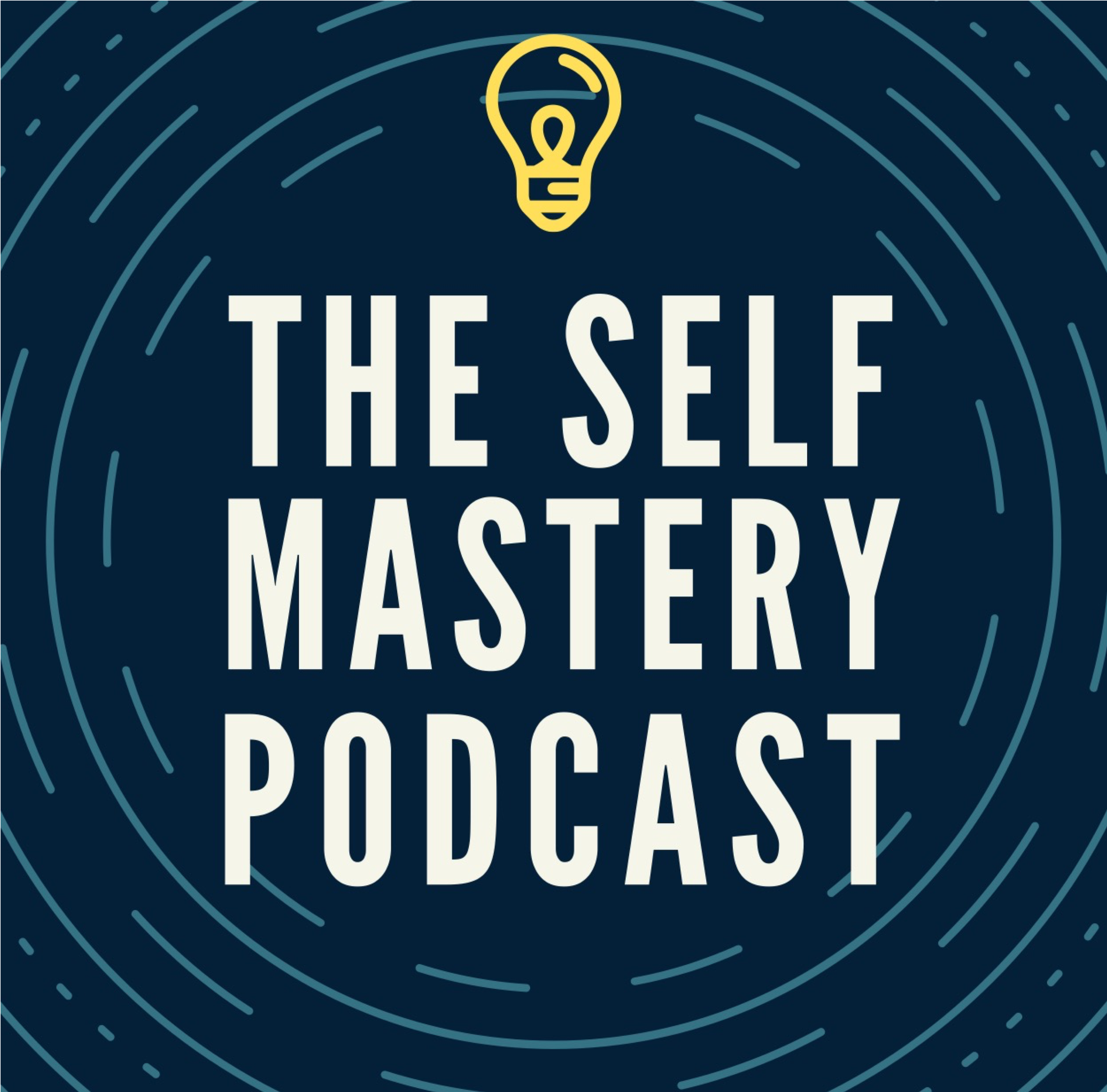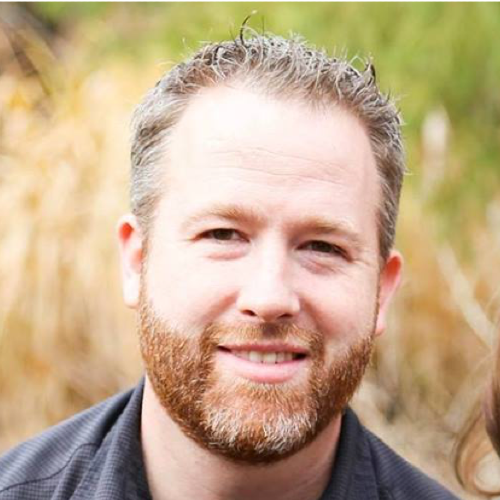Ready to overcome pornography for good
Are you wondering if you're ready to overcome pornography? Find out the signs that suggest it's time for a change and learn how to create an effective plan with helpful, friendly advice from Thrive Beyond Pornography.
Are you feeling overwhelmed by the grip that pornography has taken on your life? Have the cravings become too much and are you ready to take action to quit porn for good? If so, it's important for you to know that with honest effort and dedication, freedom from this battle is possible. The journey may be tough, but if you're willing to do the work, try new things and approach it from a different perspective, then success is not only achievable – it can even be life-changing! Today, we'll walk through 2 essential steps you need to understand in order to begin living free from porn.
Costs outweigh the benefits
One of the biggest things that is a struggle for many of the people that I work with is understanding what the costs and benefits of viewing pornography can be.
You might be looking at this Thinking that there can be no benefit to viewing pornography. Especially if you are morally opposed to the practice and have been trying to eliminate it from your life.
But I want you to be clear, if there were no benefit to choosing to view pornography, you probably wouldn't do it. I've used this analogy before, if you think about sucking your thumb as a baby, that activity performed a meaningful function and helped soothe you. However, at some point, the benefit of self-soothing through thumb sucking began to be outweighed by the costs of it. for example, my 10-year-old son might still suck his thumb, although I haven't seen it in a while. he is definitely more secretive about it than he was previously if he does. At some point, he realized that 10-year-old boys don't usually suck their thumbs.His older siblings tease him about it, and his peers aren't doing it. so at some point, he has decided that thumb-sucking, at least in public, has lower benefits than the cost of his siblings' teasing or his peers' sideways glances.
When it comes to pornography, one of the key components that we have to address is the benefit that pornography has had in our life. This is pretty important because it allows us to understand ourselves and what we are trying to gain by choosing pornography. When we understand what we are trying to gain by choosing pornography, we get a much clearer picture of what we need to do to eliminate pornography from our lives.
For instance, if pornography has helped you manage anxiety around work projects, then you can seek more effective ways to manage anxiety around your work projects that align with your values. Or, if pornography has helped you stop feeling lonely, then one of the things that you can do to move toward your values is to learn new ways to engage your loneliness and practice them regularly.
What many of us do instead is try to use mental tricks to tell ourselves that porn is disgusting. Working with a client, I once asked him how he wants to feel when he thinks about pornography and his response was exactly this, he said, "I want to feel disgusted."
Unfortunately, what this actually creates for us is a sense that WE are disgusting because we like something that we feel is supposed to disgust us.
Being more real about it can also help us align more effectively with our values. Telling myself that porn is disgusting is a pretty tough sell because of how I feel when I'm viewing it. I generally don't think that arousal is disgusting so telling myself that something that creates arousal is disgusting can be a complicated set of mental gymnastics. If, however, I choose to acknowledge that pornography can be arousing and outside of my moral compass, I can reduce the shame and acknowledge my desire to not choose pornography while acknowledging the biological reality that sexuality is important.
Darcy put it to me this way once, growing up, she always wore tank tops. It was one of her go-to clothing choices because they were comfortable, and she had sweaty armpits. When she joined the church and made covenants to wear her garments, she gave up wearing tank tops. She didn't have to tell herself that tank tops are disgusting or immoral to make a choice to align herself with her values more fully.
It simply became that the cost of wearing tank tops outweighed the benefits of choosing to wear her garments.
For many who are struggling to eliminate pornography use from their lives, this kind of analysis can offer clarifying perspective without creating or magnifying the shame often associated with Pornography use that falls outside their values.
Two questions I would recommend that you use are first, "What are the real benefits that I have gained from choosing pornography even though it is outside my values?" and, “What are the costs of my continued pornography viewing choices in light of my values and who I want to be?"
Wanting to overcome pornography vs committed to overcoming pornography
In addition to understanding the costs and benefits of choosing pornography outside of our values, it's important to take a clean look at whether we want to overcome pornography or we are committed to overcome pornography.
I realize that this may seem like a fine distinction, but I believe that words matter and the things that we say, think, and believe make a difference.
So let's take a look at the difference between wanting something and being committed to achieving something.
How many times have you said, “I want” followed by a statement that you know is never going to happen or that you are not really going to follow through with. For example, “I want to quit this job.” or “ I want to buy a new truck.” or “ I want to take my whole family on vacation to Europe in the next few years.” or, even, “I want to eat more healthy.”
You could think of anything that you want but that you aren't willing to put in the time, effort, energy, or resources to get. That is what wanting looks like.
Being committed looks totally different. They may start in a similar place, a place of desire for something better, but that is where they diverge onto completely different paths.
With wanting, we stay in a place of daydreaming and wonder what it would be like for that thing to be real. Being committed quickly leaves the land of daydreaming and moves on to plans, processes, execution, and evaluation on repeat until our desire is realized.
I want to be clear here, some of you are not in the land of daydream. Some of you are in a place of committed to overcoming pornography and have been working on that commitment for many years. Wanting isn't your problem; not having the right tools for the job is probably the issue. So if you are listening to this and have been planning, creating processes, executing those processes, and evaluating them, please don't think that you do not want it enough because you haven’t made it happen yet. There is a good chance you just need some assistance. Let me help you with that, there is no shame in needing a guiding hand in the process of doing something you’ve never done before. Sign up for our free webinar at zachspafford.com/freecall. I’ll put a link in the show notes for you.
If you are listening to this and wondering how do I know if I just want this because it seems like something I’m supposed to do or am I committed to actually making this change ask yourself this question, “Why do I believe it's important for me to make this change - who really matters most in the decision?"
When the why and the who both point inward at yourself, then you’ll be most committed. That’s not to say you can’t be committed with external motivations, it’s just a bit harder.




